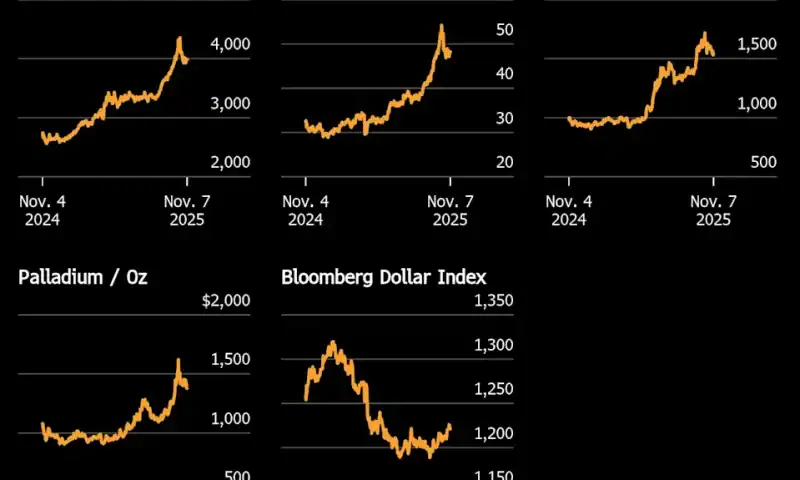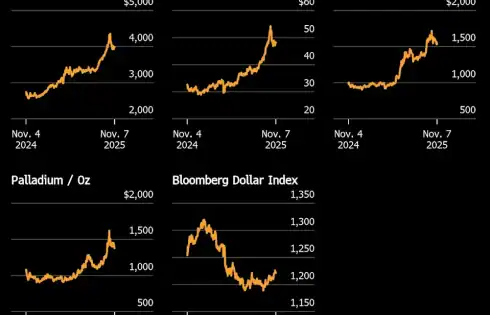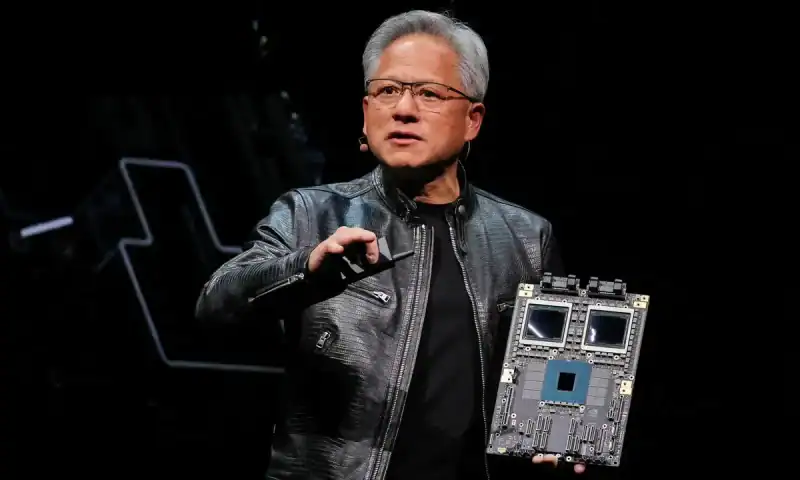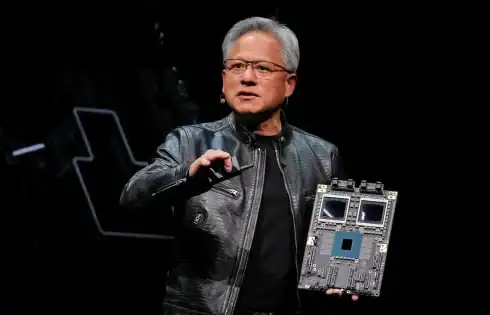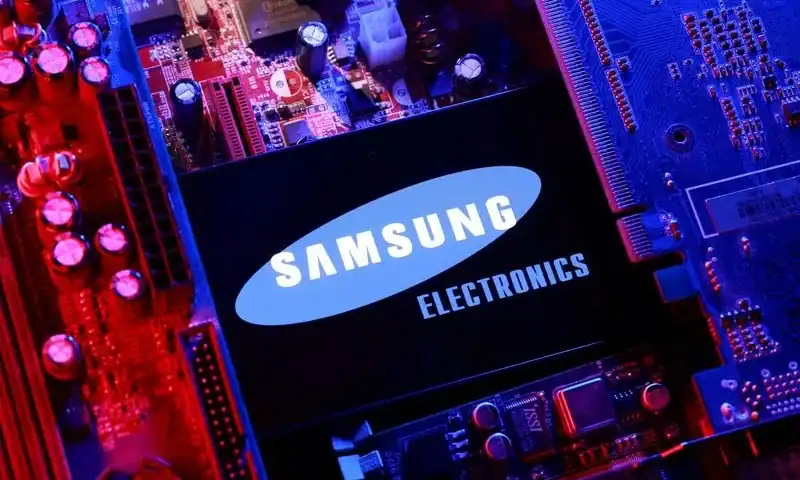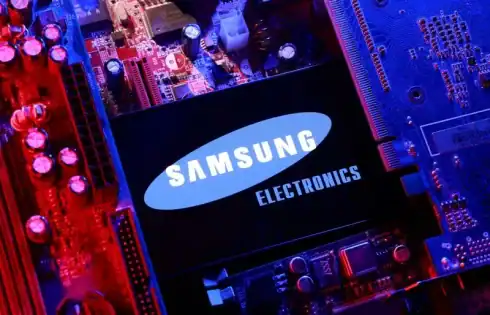
Of all the things you anticipate doing during the holidays, being scammed probably isn’t one of them. However, it turns out the season for cheer presents the perfect conditions for fraudsters to pounce.
According to the FBI, there’s a whole category of scams that revolve around online shopping during the holidays. And that’s not too surprising; consumers tend to overlook red flags and make their most costly mistakes when they’re hurried or stressed out. Unfortunately, scammers know that the holidays are the most stressful and frenzied time of the year for many people.
If you want to avoid being scammed while you’re shopping online, look out for these red flags.
According to the Federal Trade Commission (FTC), online shopping scams were the second-most common type of fraud reported in 2024.
During the holidays, when people are rushing to make lots of quick purchases, their chances of falling for an online shopping scam tend to increase. And that can put a damper on your holiday budget, to say the least.
The FBI warns that the following four scams are most common — here’s what to look out for and how to avoid them:
1. Nondelivery scams
With nondelivery scams, the victim pays for a product online but then never receives the order. These scams often begin with a fraudster setting up a fake online store or listing products for sale that don’t exist, often with prices that are significantly lower than those offered by real retailers.
As the buyer, you might get hooked by ads that seem legitimate or duped by logos and web addresses that replicate the real thing from a retailer you already know. For example, earlier this year, many people fell for fake ads for JOANN’s bankruptcy sales because they knew the chain was going out of business.
In addition to costing you money, nondelivery scams put you at risk of a fraudster using your payment information for their own purchases. Plus, some scammers will use your login credentials to try to access your other online accounts.
2. Gift card fraud
One of the biggest tip-offs for fraud is the method of payment being requested. If the vendor only accepts gift cards or other prepaid cards, they’re likely attempting gift card fraud.
Why gift cards? Unlike debit or credit cards, there’s no way to trace the recipient of a gift card or reverse the payment after the transaction has been made. Of course, gift cards aren’t the only untraceable form of payment — if a seller or vendor requests any of the following, that’s your sign to take your business elsewhere:
- Gift cards
- Prepaid cards
- Cryptocurrency
- Money orders
- Wire transfers
3. Auction fraud
Auction fraud is the act of misrepresenting or failing to deliver items that are sold at auction. Online auction fraud can happen in a number of ways: You might get drawn in by a fake ad for property that’s been seized by the government, or maybe you click on a livestream where someone claims they’re auctioning off valuable items.
With auction fraud, the seller always misleads you about the details of the sale. For example, they might exclusively post photos that are copied from another website to hide product damage, sell counterfeits, or pretend they own the item.
In addition to the risk of getting defrauded, online auctions put you at risk of overpaying. The excitement and fast pace of bidding can influence buyers to drive up the price of goods, without even being able to inspect the property. Additionally, buyers who fail to conduct thorough research up front may incur unexpected fees, such as international shipping charges.
4. Nonpayment scams
Another common online shopping scam involves buyers targeting sellers. With nonpayment scams, the buyer will collect the seller’s goods or services and then refuse to send payment.
To perform this scam, the buyer typically asks you to complete the transaction offline. Then, they might give an excuse for not showing up in person. For example, they might claim they’re a service member who’s been stationed overseas. To complete the transaction, the buyer may ask you to put the product in a P.O. box or hand it over to their family member, claiming that payment is on the way.
Between nonpayment and nondelivery scams, consumers reported losing nearly $800 million in 2024. If you want to avoid the same fate this holiday season, here are some key ways to protect yourself:
- Slow down: Give yourself ample time to do all of your holiday shopping. The best approach is to start early, so that when you’re making purchases, you won’t get rushed and overlook red flags and shady sales tactics, like limited-time deals for discounts that are too good to be true.
- Vet your vendors: For vendors and other online sellers that are new to you, search for reviews and read the comments on their social media posts. Before sharing your payment information, look for their contact information, the site’s return policy, and any related fees.
- Click carefully: Instead of clicking on ads or links in emails, go directly to the vendor’s SSL-encrypted website (look for the lock symbol in your browser). If you see an online ad for a big sale, check with the retailer to make sure it’s legitimate.
- Pay with credit: Never send payments by gift card, cryptocurrency, or other untraceable methods. Instead, opt for credit cards since they have more protections than debit cards. If you can’t afford to pay off the credit card purchase within a month, I strongly recommend cutting back on your holiday spending budget.
If you do end up falling for a scam, take action to reduce the fallout right away. For example, you might need to request a chargeback or dispute the charge through your credit card company. Then, keep an eye on your financial statements so you can catch any unauthorized charges.
Additionally, review your credit reports for information you don’t recognize, such as applications for new credit cards. You can pull your credit reports for free once a week from AnnualCreditReport.com, and pulling them does not hurt your credit scores at all.




 Federal Reserve Governor Stephen Miran has predicted that the explosive growth of stablecoins could reshape global capital flows and force U.S. interest rates lower.
Speaking in New York on Nov. 7, Miran explained that the rise of stablecoins, boosted by the recently enacted Guiding and Establishing National Innovation for U.S. Stablecoins (GENIUS) Act, represents a structural shift in global finance.
Federal Reserve Governor Stephen Miran has predicted that the explosive growth of stablecoins could reshape global capital flows and force U.S. interest rates lower.
Speaking in New York on Nov. 7, Miran explained that the rise of stablecoins, boosted by the recently enacted Guiding and Establishing National Innovation for U.S. Stablecoins (GENIUS) Act, represents a structural shift in global finance.

 (Bloomberg) — Gold rose for a second day as a weakening US economy outweighed progress on ending the government shutdown in Washington.
Bullion traded near $4,050 an ounce after finishing last week little changed. The precious metal built on gains made on Friday as a measure of US consumer sentiment fell to near the lowest on record, with the shutdown and rising prices souring the outlook.
The record-breaking impasse in Washington, meanwhile, appears to be nearing an end after a group of moderate Senate Democrats agreed to support a deal to reopen the government, people familiar with the talks said. The suspension of data has meant the Federal Reserve has had to fly blind as it tries to balance high inflation and weak labor market.
(Bloomberg) — Gold rose for a second day as a weakening US economy outweighed progress on ending the government shutdown in Washington.
Bullion traded near $4,050 an ounce after finishing last week little changed. The precious metal built on gains made on Friday as a measure of US consumer sentiment fell to near the lowest on record, with the shutdown and rising prices souring the outlook.
The record-breaking impasse in Washington, meanwhile, appears to be nearing an end after a group of moderate Senate Democrats agreed to support a deal to reopen the government, people familiar with the talks said. The suspension of data has meant the Federal Reserve has had to fly blind as it tries to balance high inflation and weak labor market.

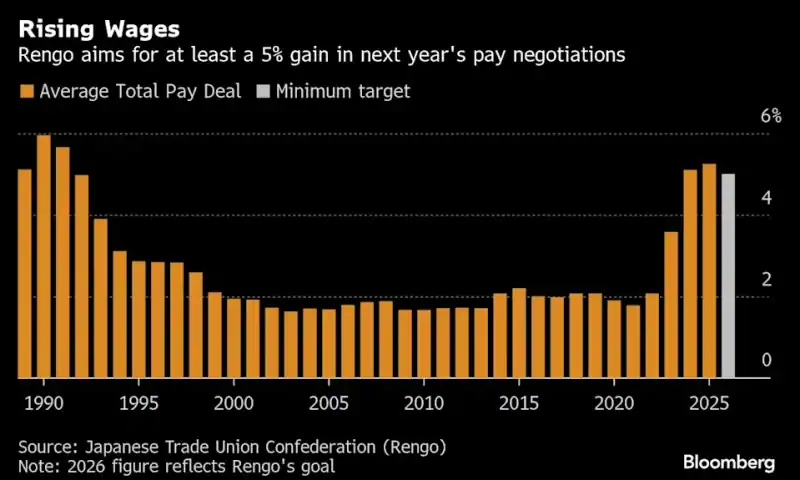
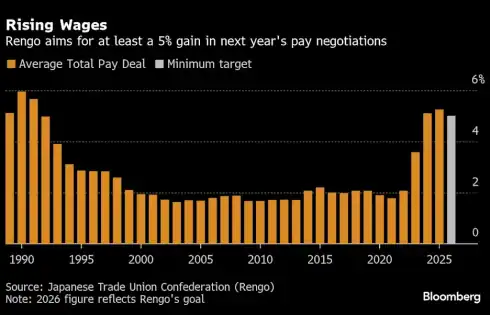



 Of all the things you anticipate doing during the holidays, being scammed probably isn’t one of them. However, it turns out the season for cheer presents the perfect conditions for fraudsters to pounce.
According to the FBI, there’s a whole category of scams that revolve around online shopping during the holidays. And that’s not too surprising; consumers tend to overlook red flags and make their most costly mistakes when they’re hurried or stressed out. Unfortunately, scammers know that the holidays are the most stressful and frenzied time of the year for many people.
If you want to avoid being scammed while you’re shopping online, look out for these red flags.
Of all the things you anticipate doing during the holidays, being scammed probably isn’t one of them. However, it turns out the season for cheer presents the perfect conditions for fraudsters to pounce.
According to the FBI, there’s a whole category of scams that revolve around online shopping during the holidays. And that’s not too surprising; consumers tend to overlook red flags and make their most costly mistakes when they’re hurried or stressed out. Unfortunately, scammers know that the holidays are the most stressful and frenzied time of the year for many people.
If you want to avoid being scammed while you’re shopping online, look out for these red flags.


